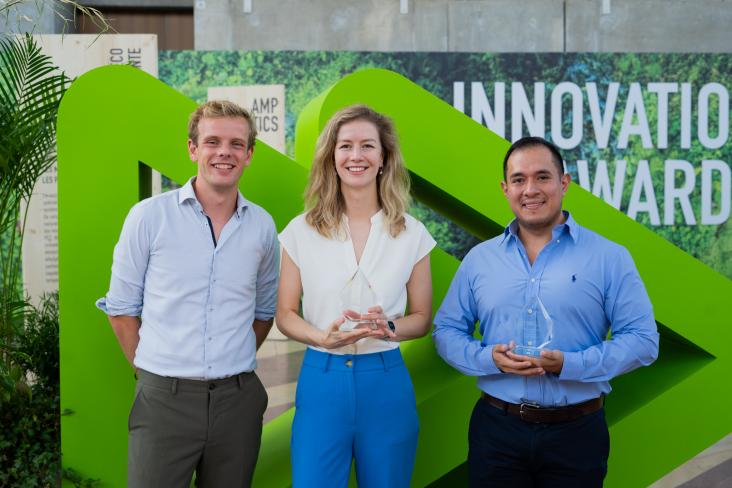The authors evaluate shifts in water reservoirs (i.e. atmospheric versus terrestrial and underground water storage). Projections indicate water storage deficits in most Southern Hemisphere basins during the summer.
Pakistan's water resources experiencing mounting pressure. UN SDG 6 provides a roadmap for achieving sustainable water management. Long-term planning and community engagement are key to success. Policy recommendations include efficient pricing and climate change integration.
The authors put forward a mathematical model for examining the impact of water, sanitation and hygiene (WASH) services on reducing the transmission of waterborne diseases such as enteric diarrheal disease (EDD). It is found that wastewater and sewage treatment (WST) control has the most significant impact in terms of WASH interventions employed. The findings have could have very important public health potential and tie in strongly with the goals of SDG 6.
This study supports SDGs 3, 6, and 14 by highlighting the importance of freshwater biodiversity for human and planetary health, and suggesting that local and regional efforts for monitoring and improving ecosystem health are essential for reversing the current crisis in this area.
The paper outlines how we may advances in observational technologies with developments in water quality modelling to integrate simulation of eutrophication impacts with organic matter dynamics and fate of synthetic toxic compounds.
Water-smart society must highlight societal well-being and co-development across sectors. Furthermore, the article emphasizes the need for a long-term perspective, conserving nature, and maximising ecosystem services, while anticipating change. Finally, the article discusses how a more grounded conceptualisation of the water-smart society can guide utilities and urban policy design.
This study supports SDG 3, 6, and 16 by providing a comprehensive quantitative analysis of the association between conflict and the incidence of cholera in Yemen, highlighting how conflict-related destruction has compounded water, sanitation, and hygiene issues in Yemen.

RELX, a global provider of information-based analytics and decision tools for professional and business customers, has announced the winners of the 2023 RELX Environmental Challenge, which supports innovative solutions to advance SDG 6 Clean water and sanitation.
This paper provides the most recent and accurate quantitative and qualitative assessment of available water resources and demands in the GCC countries.
UN's Summit of the Future 2024: Paving the Path for SDG Resources
